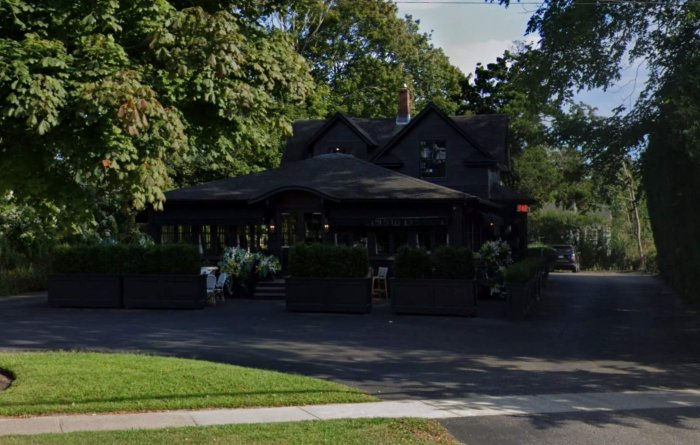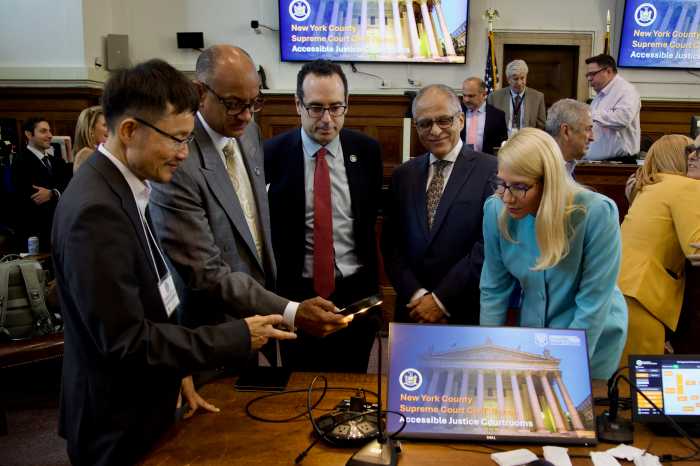 Volunteering is something that drives many of us. It can make us feel good about ourselves, provide help to the community and is a fulfilling way to spend time. From cleaning up parks to participating in donation drives to bringing someone a cup of water, volunteering takes many forms.
Volunteering is something that drives many of us. It can make us feel good about ourselves, provide help to the community and is a fulfilling way to spend time. From cleaning up parks to participating in donation drives to bringing someone a cup of water, volunteering takes many forms.
The most prevalent reason people volunteer is to serve the community. In fact, that’s the definition of volunteering—giving one’s time to help without expecting anything in return. It seems obvious on the surface, but there are deeper layers than just helping others. Often, there is one way that seems more appealing to helping than another.
Take, for example, the following two options: cleaning up trash on a local beach or setting up a food drive to donate sandwiches to the homeless. Both are excellent ways to serve the community; both allow participants to offer time and skills to better the community.
However, depending on one’s skills and interests, a particular way of volunteering may seem more appealing than the other. Does the volunteer care deeply about environmental issues or recycling at home? If so, cleaning up trash at a local beach may seem like a more appealing option than making food.
I once tried to make peanut butter and jelly sandwiches for a homeless shelter, but ended up making a big mess. Maybe another volunteer has a culinary side and does, in fact, enjoy making food. That’s the idea: Volunteering is not about being forced to do an activity but, rather, also having fun while doing it. A good match contributes to greater efficiency, passion and productivity—and encourages us to participate and volunteer more in the future.
Another reason for volunteering, one that most teens can relate to, is to help boost their college résumé. The thought of going to a prestigious, high-ranking college, a college that makes people say “oh-wow” when they hear the name, is an alluring thought.
Most top-notch universities like to see community service on a résumé. When writing about community service and volunteering, a junior or senior can significantly boost his or her chances of being considered by the admissions department. However, in the midst of all this academic and school-driven reasoning, the true reason for volunteering gets lost: helping the community.
Almost every philosopher, from Socrates to Aristotle, says that the purpose of life is to leave it a better place than when we were born. Boosting one’s résumé is a nice benefit, but it should not be the reason. The joy one gets from volunteering, from the satisfaction of doing something productive and beneficial to society, should greatly outweigh the act of volunteering to get into a good college or university.
Boosting one’s skills is also a reason why someone might want to volunteer. It is true that someone can gain valuable skills just by volunteering in group settings: communication, leadership, group work and interpersonal skills. Once again, that should not be the primary reasons someone goes to volunteer. It is a nice added benefit, but it should not be the driving force.
Unconditional service should be the reason one serves—the expectation is that one volunteers without getting something in return. Gaining skills for college applications is a bonus; it should not be the reason. Joy and giving back should be. The most important reason to volunteer is because it is the right thing to do.































